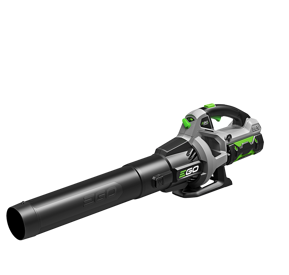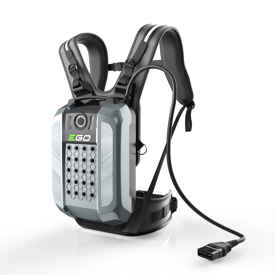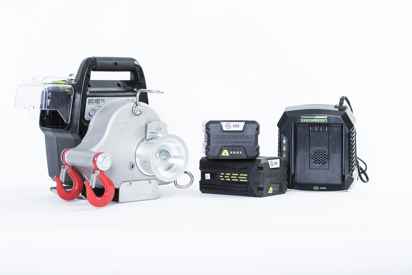-
FAQ
WORK = POWER X TIME
Batteries are best measured in Watt hours (Wh) which is the combination of Voltage and Amp hours (Ah).
For example, a 56V 7.5 Ah Battery provides more run time than a 80V 5.0 Ah Battery.
Lithium Ion Battery Packs offer significant charge-holding advantages over other technologies such as Ni-Cad. They lose only about 2-3% state of charge per month when they sit on the shelf and have no “memory effect.” However, allowing a lithium-ion battery to fall below a certain charge level or get completely discharged may render the battery unable to accept a recharge.
Please note that this need to recharge applies to all Lithium-ion batteries on the market, regardless of the manufacturer.
In addition, we want to remind you that the ideal storage conditions for Lithium-Ion batteries are between 10°C (50°F) and 26°C (80°F). If batteries are stored in a location where the temperature is over 26°C, charge will decrease faster.
Compare to a standard electric motor, a brushless motor loses the brushes and the commutator. Instead of those parts, a small circuit board coordinates the energy delivery to the windings.
Because the electronics communicate directly with the stationary windings, the tool adjusts according to the task—which is why the companies market these as "smarter" tools.
For example, if you're using a brushless mower to cut dry lawn, it more readily senses the lack of resistance (compared with a brushed motor) and begins to pull only what little charge it needs from the battery. If the tool then starts cutting 5-inch blades of wet grass, it will adjust accordingly and draw more current. By contrast, a brushed motor will always run as fast as it can while in use.
In other words, the brushless motor is more efficient and less demanding for the battery pack, so you can work for a longer period of time!









